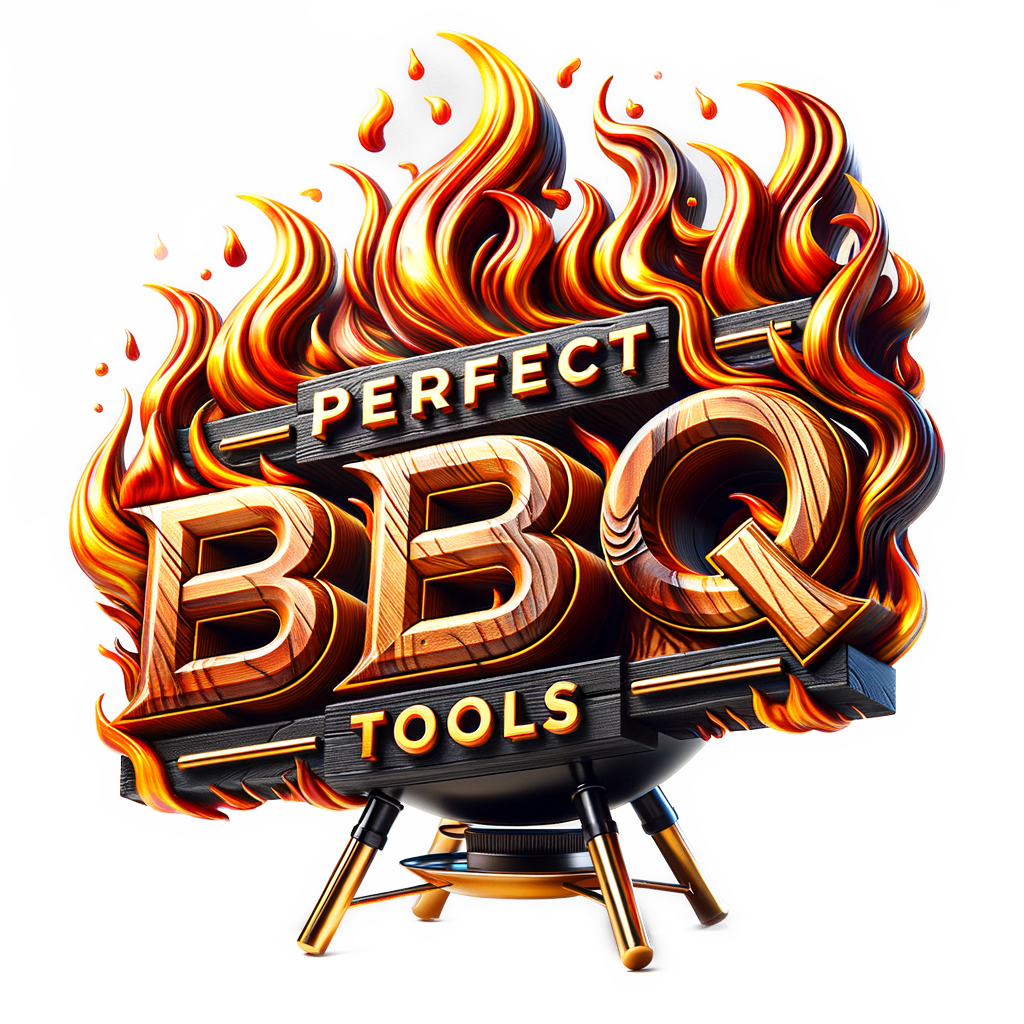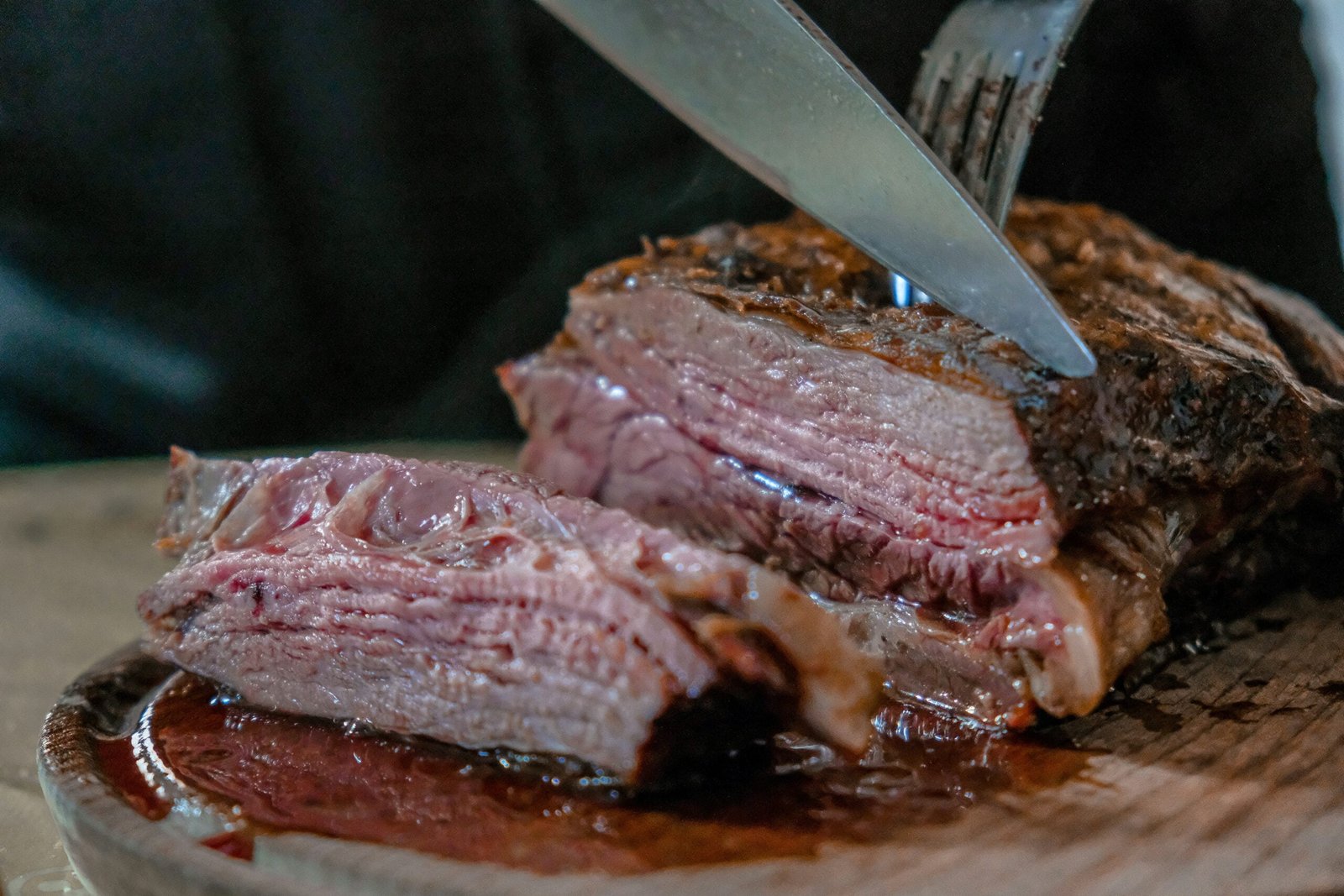Are you a grilling enthusiast or a beginner looking to enhance the flavor of your grilled food? If so, you might be wondering if you need a grill flavorizer bars. These small metal bars, typically found in gas grills, are designed to distribute heat evenly and create that delicious smoky flavor. In this article, we will explore the benefits of using grill flavorizer bars and why they can take your grilling experience to the next level. So, whether you’re a seasoned griller or just starting out, keep reading to find out if grill flavorizer bars are a must-have for your outdoor cooking adventures.
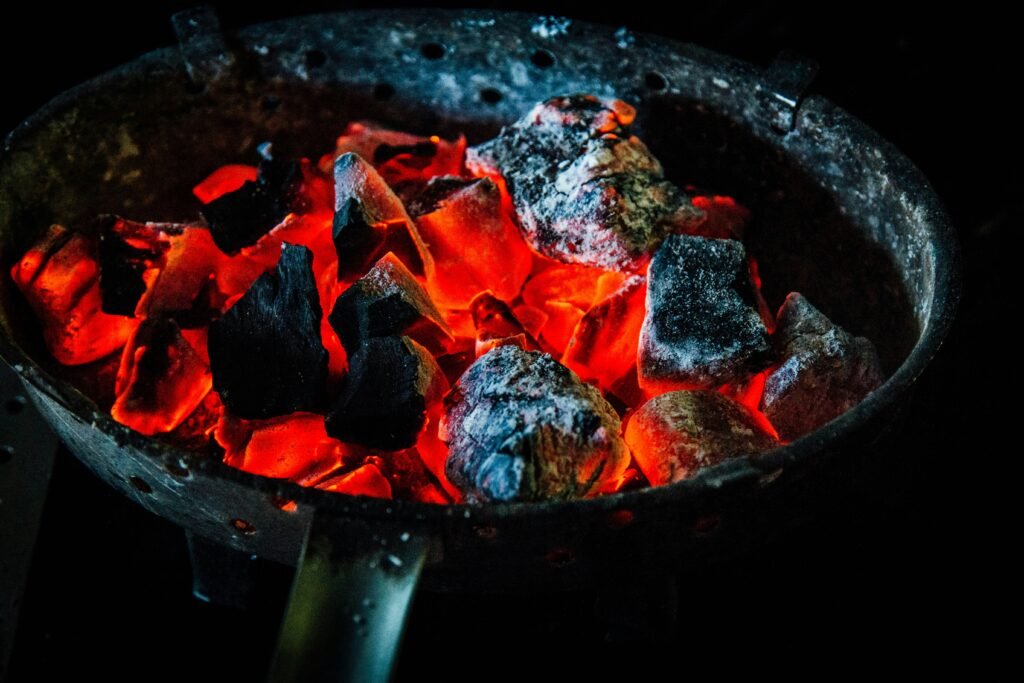
Understanding Grill Flavorizer Bars
What are grill flavorizer bars?
Grill flavorizer bars, also known as flavorizer plates or heat tents, are an essential component of a gas grill. They are metal bars or plates located above the burner tubes and below the cooking grates. Their primary purpose is to enhance the flavor of food by vaporizing drippings and providing an even distribution of heat. They play a crucial role in ensuring a delicious grilled flavor and a well-cooked meal.
How do grill flavorizer bars work?
Grill flavorizer bars work by vaporizing drippings from the food being cooked on the grill. As the food cooks, any fats, oils, or marinades that drip down into the grill fall onto the flavorizer bars. The bars heat up quickly due to their proximity to the burners, causing the drippings to evaporate and create flavorful smoke. This smoke then rises and envelops the food, infusing it with a smoky and savory taste.
Types of grill flavorizer bars
There are different types of grill flavorizer bars available on the market, each with its own unique characteristics. The most common types include porcelain-enameled steel bars, stainless steel bars, and ceramic bars. Porcelain-enameled steel bars are durable and provide excellent heat distribution, while stainless steel bars are resistant to rust and offer long-lasting performance. Ceramic bars, on the other hand, are known for their superior heat retention properties. When choosing the type of flavorizer bars, consider durability, heat distribution, and personal preference.
The Role of Grill Flavorizer Bars
Enhancing Flavor
One of the primary roles of grill flavorizer bars is to enhance the flavor of grilled food. As mentioned earlier, the vaporization of drippings creates smoky flavors that infuse the food. This is especially important for gas grills, as they lack the natural smokiness that charcoal grills provide. By using flavorizer bars, you can achieve a smoky taste comparable to cooking on a charcoal grill, elevating the overall flavor and enjoyment of your grilled meals.
Heat distribution
Grill flavorizer bars also play a crucial role in ensuring even heat distribution across the cooking surface. As the bars heat up, they distribute the heat from the burner tubes and radiate it across the entire grilling area. This helps prevent hot spots and ensures that food is cooked evenly, reducing the risk of undercooked or overcooked sections. Even heat distribution is vital for achieving consistent and well-cooked results every time you grill.
Protecting burner tubes
Another important function of flavorizer bars is to protect the burner tubes from drippings and debris. When fats, oils, or marinades drip down into the grill, they can accumulate on the burner tubes, leading to flare-ups and potential damage. The flavorizer bars act as a shield, catching the drippings and preventing them from reaching the burners directly. This not only protects the burners from clogging and damage but also ensures a safer grilling experience.
Vaporizing drippings
In addition to enhancing flavor, grill flavorizer bars vaporize the drippings from food, creating a flavorful smoke that imparts a distinctive taste. As the drippings fall onto the hot bars, they instantly evaporate and transform into smoke. This smoke envelops the food, infusing it with a rich, smoky flavor. The vaporization process also helps reduce the chances of flare-ups caused by drippings coming into direct contact with the burners. By vaporizing drippings, flavorizer bars contribute to a more flavorful and safer grilling experience.
The Impact of Grill Flavorizer Bars on Taste
The infusion of smoky flavor
Grill flavorizer bars are instrumental in infusing a smoky flavor into grilled food. As the drippings vaporize on the bars, they release a smoke that carries the aromas and flavors of the food being cooked. This smoky essence adds depth and complexity to the taste of your grilled dishes, enhancing the overall flavor profile. Whether you’re grilling burgers, steaks, or vegetables, the smoky flavor created by the flavorizer bars can take your culinary creations to the next level.
The effect on moisture retention
Not only do flavorizer bars contribute to flavor enhancement, but they also help retain moisture in grilled food. The drippings that evaporate on the bars contain moisture that would otherwise be lost. By capturing and releasing this moisture as steam, flavorizer bars help keep the food succulent and juicier during the grilling process. This is particularly beneficial when grilling lean meats or delicate items that are prone to drying out. The moisture retention effect of flavorizer bars ensures that your grilled dishes are not only flavorful but also moist and tender.
Durability and Maintenance of Grill Flavorizer Bars
Material composition and durability
The durability of grill flavorizer bars largely depends on their material composition. Porcelain-enameled steel bars are known for their durability, as the porcelain coating provides protection against rust and corrosion. Stainless steel bars are also highly durable and resistant to rust. Ceramic bars, while less common, offer excellent heat retention and can withstand high temperatures. Proper care and maintenance, such as regular cleaning, can significantly prolong the lifespan of flavorizer bars regardless of the material they are made of.
Cleaning and maintenance
To ensure optimal performance and longevity, regular cleaning and maintenance of grill flavorizer bars are essential. After each grilling session, allow the bars to cool down and then brush off any remaining food debris and drippings using a grill brush. For a more thorough cleaning, remove the flavorizer bars and wash them with warm soapy water. Avoid using abrasive cleaners or metal brushes that could damage the bars’ surface. Regular maintenance not only keeps the bars functioning effectively but also prevents grease buildup and potential flare-ups.
When and how to replace flavorizer bars
Over time, grill flavorizer bars may deteriorate due to exposure to high heat and constant use. Signs of wear and tear, such as rust, cracks, or significant corrosion, indicate that the bars need to be replaced. Additionally, if the bars become warped or bent, they may no longer provide even heat distribution. Depending on the material and usage, flavorizer bars typically last several years before needing replacement. When purchasing replacement bars, ensure they are compatible with your grill model and follow the manufacturer’s instructions for installation.
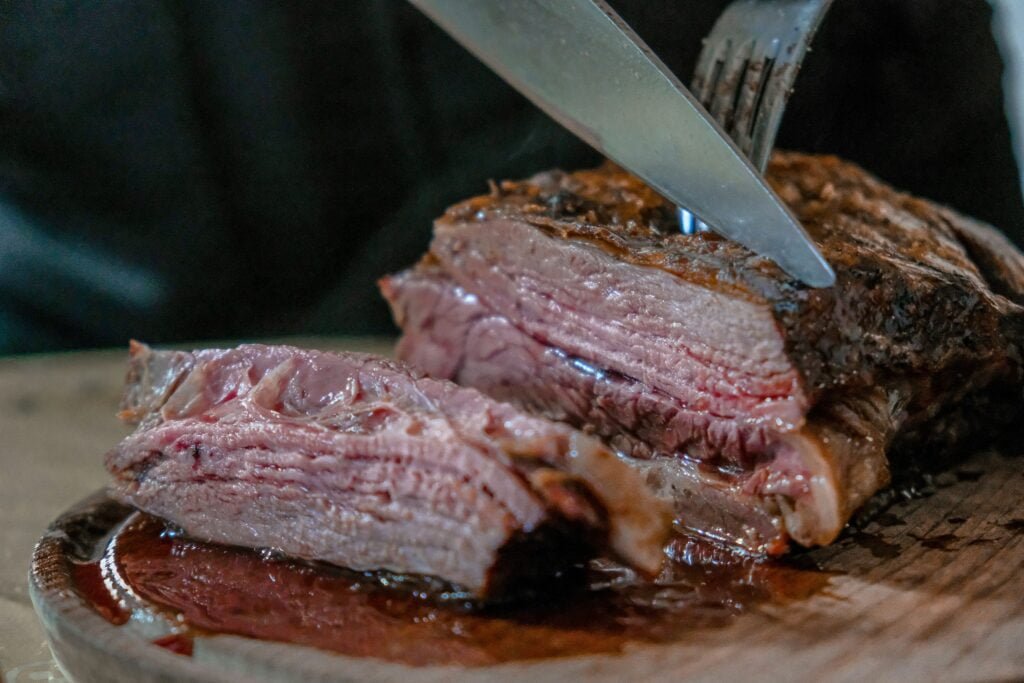
Do all Grills Have Flavorizer Bars?
Types of grills and their components
Not all grills have flavorizer bars, as their presence and design can vary depending on the grill type and model. Gas grills are the most common type of grill equipped with flavorizer bars, as they rely on burners for heat generation. Charcoal grills do not typically have flavorizer bars since the charcoal itself provides the smoky flavor. Some hybrid grills may have flavorizer bars that can be switched on or off, depending on the cooking method desired. It’s important to check the specifications of your grill to determine if it has flavorizer bars or alternative components.
Grills with built-in flavorizer bars
Many modern gas grills come with built-in flavorizer bars as a standard feature. These bars are specifically designed for the grill and are often made from durable materials like porcelain-enameled steel or stainless steel. Having built-in flavorizer bars eliminates the need for separate accessories and ensures that the bars are properly positioned for optimal performance. If you are in the market for a new gas grill, look for models that come with built-in flavorizer bars to maximize flavor and grilling efficiency.
Substitutes for flavorizer bars in grills
For grills that do not have built-in flavorizer bars, there are alternative options to achieve similar results. Lava rocks or ceramic briquettes can be placed on the grill grate to vaporize drippings and create a smoky flavor. These heat-retaining materials essentially serve the same purpose as flavorizer bars, though they may require regular cleaning and replacement. If your grill lacks flavorizer bars, consider using lava rocks or ceramic briquettes as a substitute to enhance the flavor and grilling experience.
How to Install Grill Flavorizer Bars
Installation process
Installing grill flavorizer bars is a relatively simple process. Begin by ensuring that your grill is turned off and cool to the touch. Remove the cooking grates and place the flavorizer bars on the designated slots or brackets above the burner tubes. It’s important to position the bars correctly to allow for even heat distribution and effective vaporization of drippings. Refer to the grill’s user manual or manufacturer’s instructions for specific guidance on how to install flavorizer bars for your grill model.
Safety measures during installation
When installing grill flavorizer bars, it’s crucial to prioritize safety. Always make sure that the grill is turned off and that the bars are handled with care, as they may still retain heat from previous use. Wear heat-resistant gloves or use grill tongs to avoid any burns or injuries. Take your time to properly align and position the flavorizer bars to ensure they are securely in place. Double-check that they are not obstructing any burner flames or airflow. Safety should be your top priority throughout the installation process.
Troubleshooting common installation issues
While installing flavorizer bars is usually straightforward, you may encounter some common issues that can be easily resolved. If the bars do not fit properly, ensure that you have chosen the correct size and style for your specific grill model. If the bars are bent or warped, you may need to replace them to achieve proper heat distribution. In some cases, adjustments to the burner or heat deflector placement may be necessary to accommodate the flavorizer bars. If you encounter any difficulties or uncertainties, consult the grill’s user manual or contact the manufacturer for assistance.
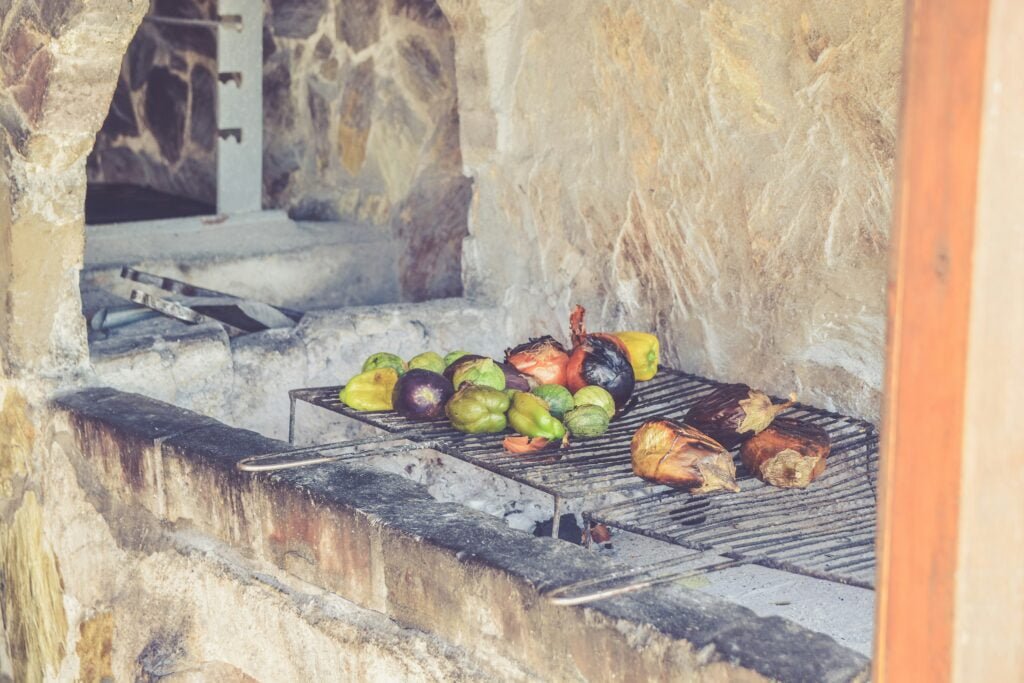
Are Grill Flavorizer Bars Essential?
Advantages of using grill flavorizer bars
Grill flavorizer bars offer several advantages that make them essential for an optimal grilling experience. They enhance the flavor of food, providing a smoky taste similar to cooking on a charcoal grill. The even heat distribution they offer ensures that food is cooked uniformly, minimizing the risk of undercooking or overcooking. Flavorizer bars also help protect burner tubes from clogging and damage, extending the lifespan of the grill. Additionally, they contribute to moisture retention, ensuring that grilled dishes are juicy and flavorful.
Disadvantages of not using grill flavorizer bars
Not using grill flavorizer bars can have a significant impact on the quality of your grilled food. Without flavorizer bars, food may lack the desirable smoky flavor and depth of taste that they impart. Moreover, the absence of flavorizer bars can result in uneven heat distribution, leading to improperly cooked food. The lack of protection for burner tubes may result in frequent clogs and potential damage. Additionally, the absence of flavorizer bars can result in decreased moisture retention, leading to drier and less enjoyable grilled dishes.
Buying Guide for Grill Flavorizer Bars
Key features to consider
When purchasing grill flavorizer bars, there are several key features to consider. Material composition is crucial, with porcelain-enameled steel and stainless steel being popular choices for their durability and corrosion resistance. It’s also essential to select flavorizer bars that are compatible with your grill model, ensuring a proper fit and alignment. Size and shape are important factors, as flavorizer bars should align with the burner tubes and provide adequate coverage for even heat distribution. Lastly, consider the overall quality and reputation of the brand for reliability and longevity.
Sizing and compatibility
Proper sizing and compatibility are crucial when buying grill flavorizer bars. Measure the dimensions of the existing flavorizer bars or the designated slots in your grill to ensure a precise fit. Check the compatibility with your grill model and consult the manufacturer’s recommendations or specifications. Some grills may have specific size requirements or configurations for their flavorizer bars, so it’s essential to choose bars that are designed for your grill to ensure optimal performance.
Best brands and where to buy
Several reputable brands offer high-quality grill flavorizer bars. Weber, a well-known name in the grilling industry, produces a range of flavorizer bars that are compatible with their grills. Other popular brands to consider include Broil King, Char-Broil, and Nexgrill. These brands offer durable flavorizer bars with different materials and sizes to suit various grill models. You can find grill flavorizer bars at specialized grill retailers, big-box stores, or online platforms such as Amazon or the official brand websites.
Alternative to Grill Flavorizer Bars
Alternative tools and techniques
If your grill does not have flavorizer bars or you are looking for alternative options, there are several tools and techniques you can employ to achieve similar results. One option is to use smoker boxes or pouches filled with wood chips or pellets to generate smoke and add flavor to your grilled food. Another alternative is to marinate or use dry rubs to enhance the taste of the meat before grilling. Finally, using a charcoal grill or adding charcoal briquettes to a gas grill can provide a natural smoky flavor without the need for flavorizer bars.
Pros and cons of alternatives
Using alternative tools and techniques can offer certain advantages and disadvantages compared to grill flavorizer bars. Smoker boxes or pouches allow for easy customization of flavors by choosing different types of wood chips or pellets. Marinating or using dry rubs can infuse flavors directly into the meat, resulting in a unique taste. Charcoal grills provide a distinct smokiness that cannot be replicated on a gas grill, but they may require additional time and effort. However, these alternatives may not offer the same level of convenience or consistent results as grill flavorizer bars.
Conclusion: Do You Need Grill Flavorizer Bars?
Suitability based on grill type and usage
Whether you need grill flavorizer bars depends on your grill type and personal preferences. If you own a gas grill and want to achieve a smoky flavor similar to charcoal grilling, flavorizer bars are highly recommended. They are essential for enhancing flavor, ensuring even heat distribution, and protecting burner tubes. However, if you primarily use a charcoal grill or prefer alternative flavoring methods, flavorizer bars may not be necessary for you. Consider your specific grill type, cooking style, and desired flavor profile to determine whether grill flavorizer bars are essential for your grilling needs.
The role of personal preference
Personal preference plays a significant role in deciding whether grill flavorizer bars are necessary for you. Some grill enthusiasts appreciate the smoky flavor and consistent heat distribution that flavorizer bars provide, making them an indispensable component of their grilling routine. Others may prioritize convenience or prefer alternative flavoring methods. Ultimately, it’s a matter of personal taste and grilling preferences. Consider experimenting with and without flavorizer bars to find the approach that best suits your culinary desires and grilling style.
